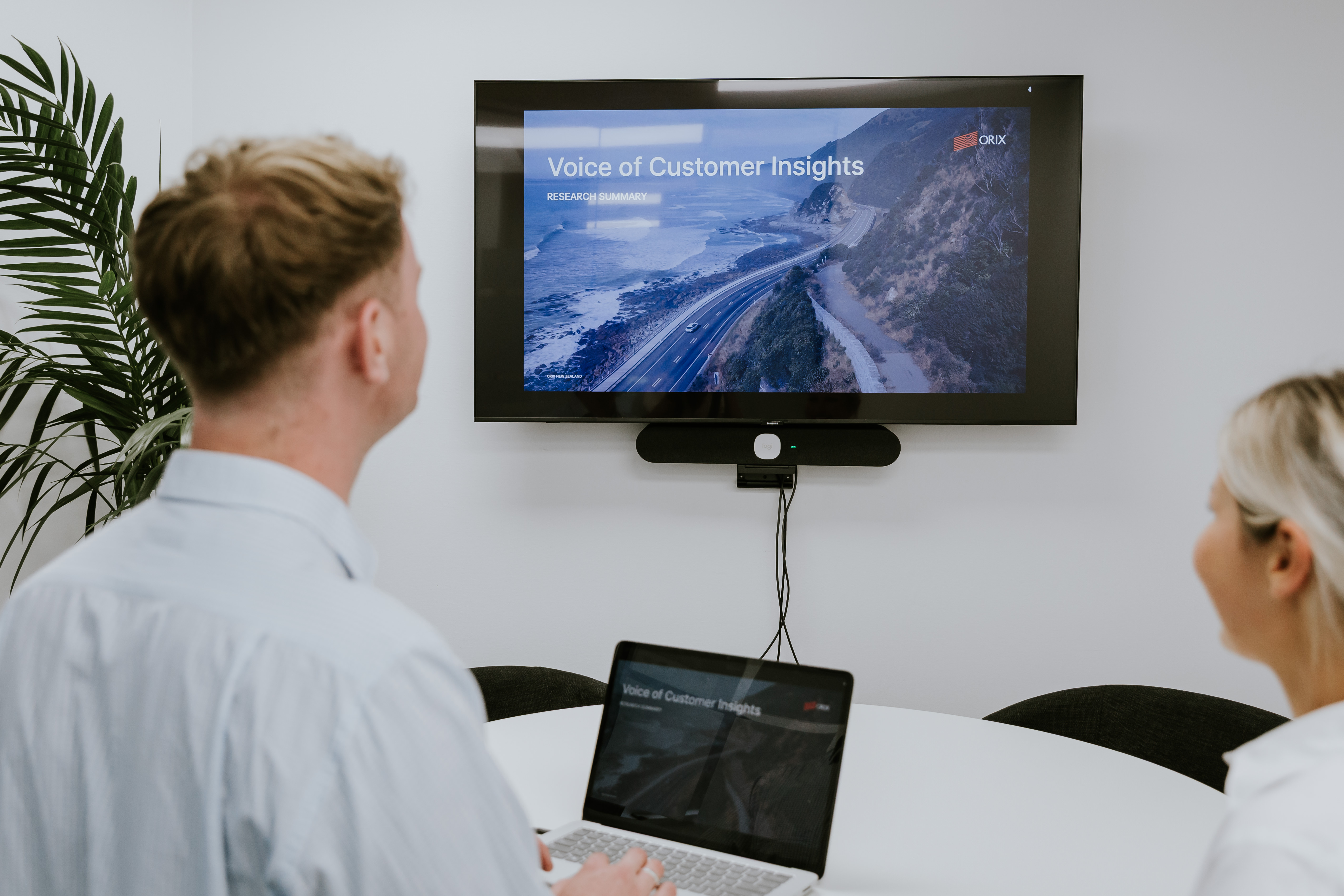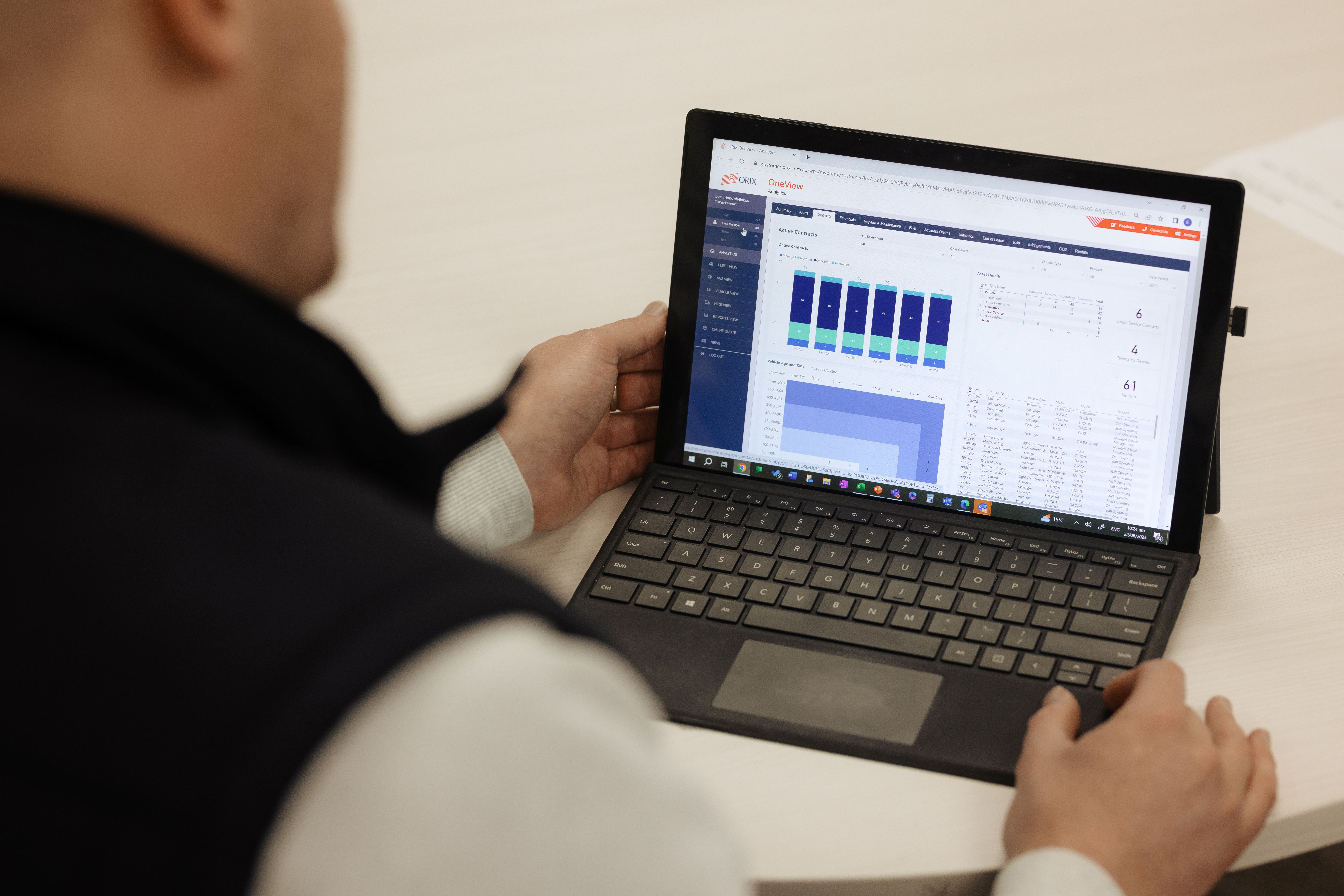‘Let me tell you about our Secret Sauce’ says Tania Betts, Head of Customer Experience for ORIX New Zealand, who is responsible for Product Development, Marketing, and the end-to-end delivery of ORIX services. ‘But first, a story!’
She shares a recent incident which involved a customer inadvertently paying for services covered under the lease. It’s a rare occurrence at ORIX but easily remedied by assessing the activity on each invoice and refunding everything aligned to manufacturer’s specifications that’s within a fair price range.
‘Unfortunately, in this situation, only 31% of the invoices could be fully refunded’ says Betts. ‘On the remaining invoices the customer had paid 24.1% more than ORIX would have paid, due to repeat work, excessive labour time and other discrepancies. For example, two wheel alignments being undertaken on the same vehicle within a 48hr period (first by the servicing supplier, then the tyre supplier). A 25% cost variance on an identical set of tyres. 20-44% longer labour times and more’.
On the face of it, all seemed relatively acceptable and there was nothing to prompt most people to query the activity on the invoices. ‘The devil is in the detail’ says Betts, ‘If you don’t have a strong operational framework for asset management, with quality and cost controls, you will not achieve the depth of oversight to maintain assets as effectively as possible’.
Like many fleet management organisations (FMOs), ORIX prides themselves on their operating platform, supplier agreements and discount structures. It’s the conversation every procurement professional has had with at least 4-5 salespeople this year – or is it?
We learn that the landscape has changed in the FMO world. ORIX is one of the only companies to have its maintenance activity scrutinised solely by trained Auto Technicians, all of whom have previous ‘hands on’ experience as mechanics and Auto Technicians scrutinising maintenance activity. Other FMOs have opted for customer service people. Maybe due to a labour shortage? ORIX is not certain and wonders why an FMO would make this call when their governance of assets is so critical.
ORIX have invested in building a sophisticated system over 18 months, with significant data points and algorithms to assess work requests from multiple angles. It is ORIX’s online Repair and Maintenance Portal(RAMP) which is used by selected franchised tyre and service providers to expedite approvals, invoicing and payment – and keep customer’s fleets productive.
There is nothing particularly new in automated authorisation platforms, but Betts claims that ‘it is the combination of RAMP and a strong team of Auto Technicians that is ORIX’s Secret Sauce’. Every vehicle make, model and powertrain configuration on RAMP, has its own service schedule, with specified service intervals, parts, labour, quantities and cost structures. It means that ~ 40% of standard servicing or tyre requests achieve immediate approval on submission of the work request. This frees up ORIX’s Auto Technicians to focus on more complex work requests that require greater attention and review.
To put the value in perspective, Betts plucks an example of one vehicle from her earlier story and says ‘Prior to the level of data and validation rules placed in RAMP, we would have assessed the invoice with a14.6% differential in spend. With the combination off RAMP and an Auto Technician, we achieved 24.8% savings, with no compromise to driver safety. This is hugely advantageous to our customers’.
If you have leases with an FMO you may be wondering whether your supplier is managing your vehicles as effectively as they could. Betts suggests getting deeper into the detail. ‘Ask them the quantity of engine oil required to fill a Mitsubishi 2.4 4WD Triton or their price for a sump washer on the same vehicle’. If you struggle to get an answer quickly, you may want to ask more questions to check your FMO is doing the best by your fleet.


.jpg)







.jpg)




.webp)














